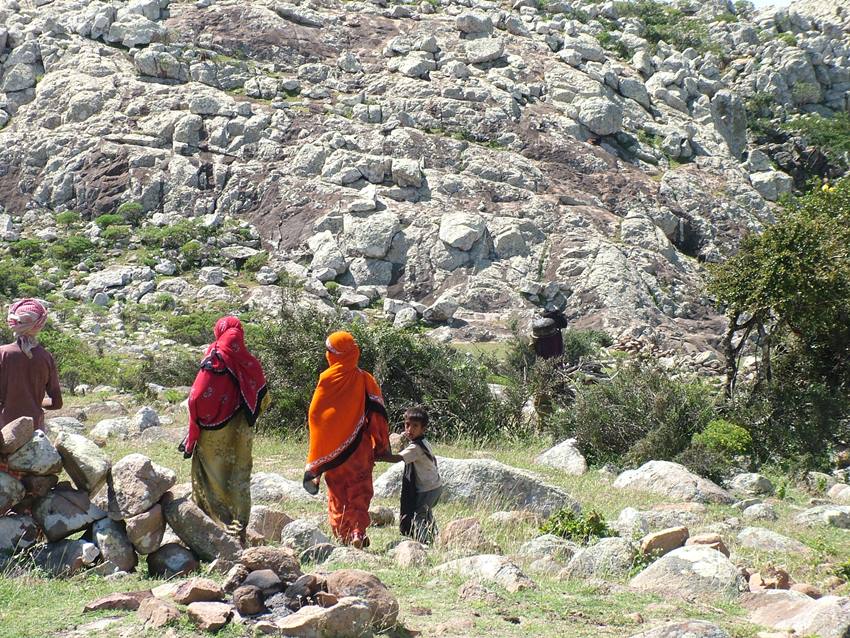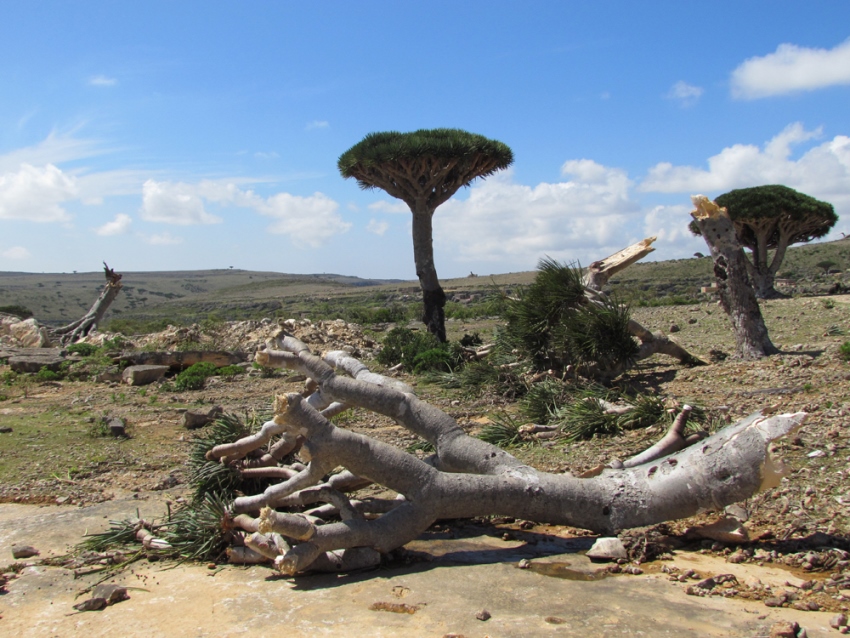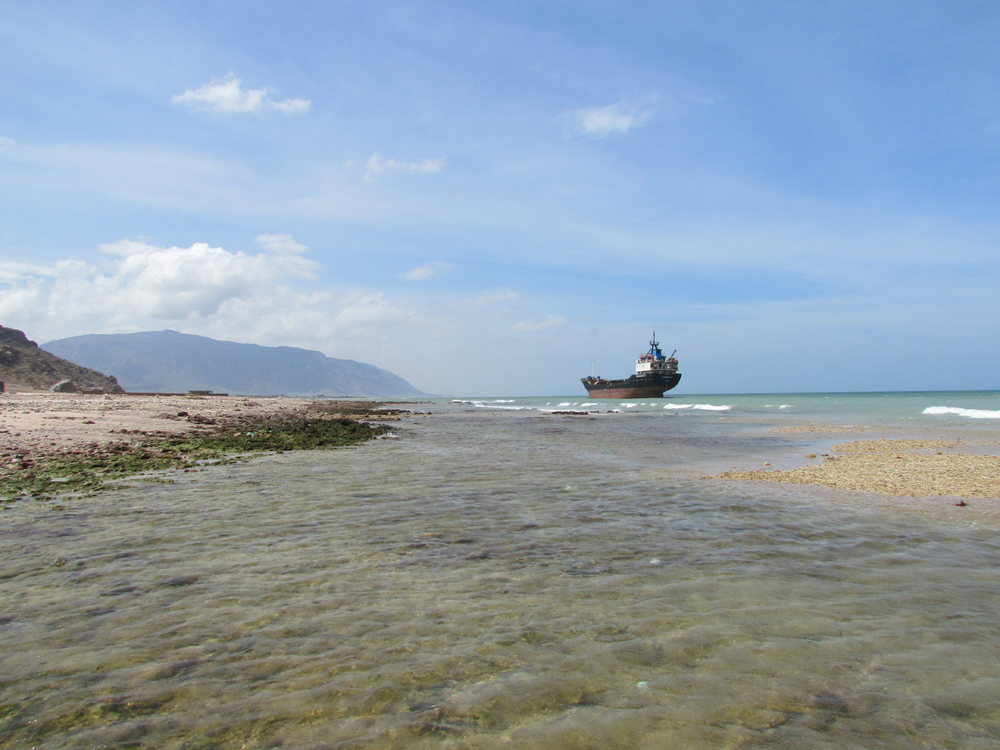Yemen urged to halt damaging activities in Socotra Archipelago, as advised by IUCN
Manama, Bahrain – Following IUCN’s advice, the World Heritage Committee has urged Yemen to halt any activity that may negatively impact on the unique wildlife and landscapes of the Socotra Archipelago World Heritage site. The country has been requested to urgently facilitate an IUCN-UNESCO mission to the site to assess impacts from uncontrolled developments, unsustainable fish export and the introduction of non-native species.
If the mission finds that the site is at risk of losing its exceptional natural values – which include plants and animals found nowhere else on the planet – the site could be considered for the List of World Heritage in Danger next year.
“The Socotra Archipelago faces a long list of challenges which threaten the site’s unspoiled nature and iconic species as well as the lives of local communities who depend on them,” says Peter Shadie, IUCN Senior Adviser for World Heritage. “IUCN stands ready to work in partnership with the authorities and the many stakeholders on the ground to urgently address these threats and help shape a future that balances conservation and development within the site.”
Often described as the ‘most alien-looking place on Earth’ or ‘the Galápagos of the Indian Ocean’, Socotra Archipelago hosts exceptional biodiversity on land and sea, such as the Vulnerable dragon’s blood tree and rare coral hybrids. But threats to its fragile ecosystem have multiplied due to the cumulative impacts from two cyclones in 2015 and environmentally damaging activities that have since proliferated in the site.
According to information examined by IUCN, together with UNESCO’s World Heritage Centre, uncontrolled developments such as leisure resorts are damaging coral reefs and turtle nesting beaches. Newly re-opened fish export facilities are putting pressure on traditional fisheries and making fish unaffordable to local people.
The archipelago’s ecosystem is also disrupted by invasive alien species – the number-one threat to all natural World Heritage sites, according to the independent IUCN World Heritage Outlook assessment. These species have been introduced into Socotra by uninspected cargoes and exotic vegetation planted on roadsides.
Due to its remoteness, Socotra has so far escaped civil conflict affecting other parts of Yemen. However, it has become increasingly isolated due to difficult access, especially after two cyclones destroyed villages, roads, trees, electricity and water facilities in 2015. The cyclone Mekunu, which hit Socotra in May 2018, has caused further damage and loss of life.
UNESCO’s World Heritage Committee meeting is taking place in Bahrain until 4 July. IUCN is the official advisory body on nature to the Committee.






